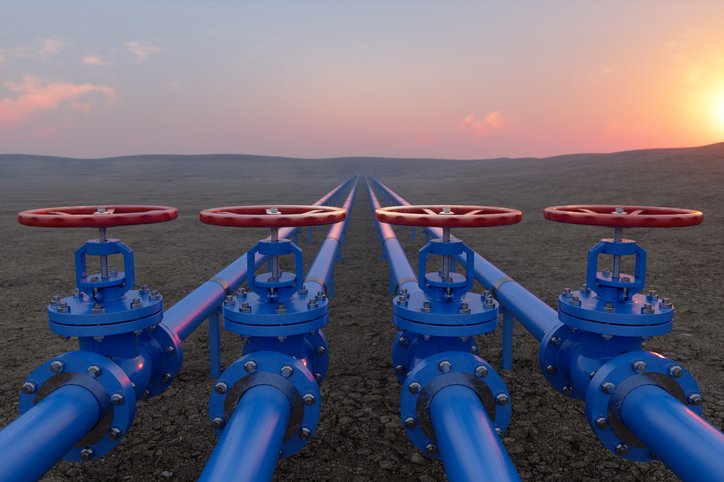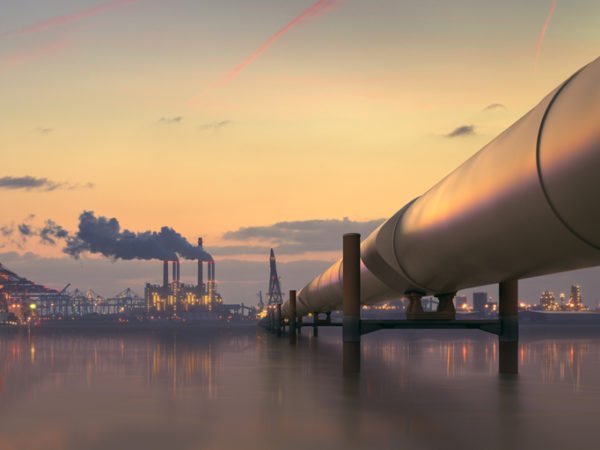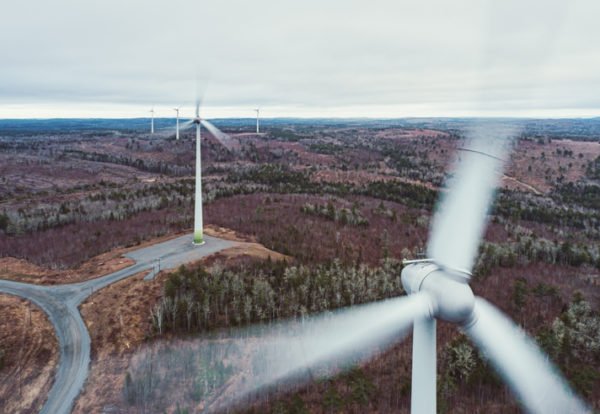After committing to net zero by joining the Glasgow Financial Alliance for Net Zero (GFANZ), financial institutions, including Mitsubishi UFJ Financial and Nomura Asset Management, have continued to pour hundreds of billions of dollars into the companies developing fossil fuels.
This is the headline finding of a new report published by a group of NGOs, including Reclaim Finance and 350.org.
As business and finance leaders meet in Davos for the World Economic Forum, Reclaim Finance is calling on GFANZ’s sectoral alliances to insist their members stop supporting fossil fuel expansion.
If they are serious about meeting their commitment to reach net zero by 2050 following a 1.5°C pathway, action is needed now to align in the short term with this science-based climate imperative.
Banks supporting fossil fuels
The report analyses support for the world’s largest fossil fuel developers from the financial institutions who are members of the sectoral alliances.
It finds that since joining the alliance, 56 of the biggest banks in the Net-Zero Banking Alliance (NZBA) have provided $270 billion to 102 major fossil fuel expanders, via 134 loans and 215 underwriting transactions.
58 of the largest members of the Net Zero Asset Managers initiative (NZAM) held at least $847 billion of stocks and bonds in 201 major fossil fuel developers as of September 2022.
Only a handful of the financial institutions have adopted policies that meaningfully restrict finance to new fossil fuel projects and companies developing new fossil supply projects since joining GFANZ.
Funding new fossil fuel projects
In total, 229 of the world’s largest fossil fuel developers received finance from the 161 GFANZ members covered in this report, which will support them to develop new coal power plants, mines, ports and other infrastructure, as well as new oil and gas fields and pipelines and LNG terminals.
These new fossil fuel projects are incompatible with the objective of limiting global warming to 1.5°C, as confirmed in the latest International Energy Agency’s World Energy Outlook, published in October 2022.
They will lock in greenhouse gas emissions for decades, despite the adoption of decarbonisation targets by some GFANZ members.
‘The science is very clear: we need to stop developing new coal, oil and gas projects as soon as possible if we want to meet our climate goals and avoid a worst-case scenario.
‘Yet, it is business as usual for most banks and investors who continue to support fossil fuel developers without any restrictions, despite their high-profile commitments to carbon neutrality.
‘Their greenwashing is all the more damaging as it casts doubt on the sincerity of all net zero commitments and undermines the efforts of those who are truly acting for the climate.’
LUCIE PINSON
Executive director and founder of Reclaim Finance
 Play Video about This Rock Might Just Save The World
Play Video about This Rock Might Just Save The World Play Video about Play 2 hours of rock
Play Video about Play 2 hours of rock Play Video about Play 2 hours of brook
Play Video about Play 2 hours of brook Play Video about Play 2 hours of sheep
Play Video about Play 2 hours of sheep















































